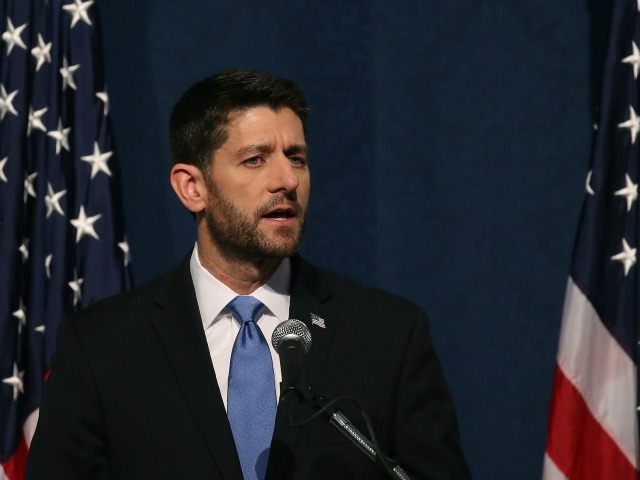Adding to other disappointments for conservatives, the FY 2016 omnibus spending bill does not include reauthorization for the D.C. Opportunity Scholarship Program (DCOSP). The District’s scholarship program serves low-income residents of the city by allowing them to use the scholarship to send their children to private schools rather than the failing D.C. public school system.
DCOSP is one of the most-studied school choice programs, and has consistently produced excellent outcomes for participating students and parents. The scholarship recipients are overwhelmingly African-American and Hispanic, and come from families making an average income of less than $22,000. Compared to an improved, but still dismal, 58 percent graduation rate in the D.C. public schools, more than 90 percent of DCOSP students graduate from high school, and 98 percent of recent recipients have gone on to attend two- or four-year colleges. Parents unsurprisingly approve of these results, and were more likely to give their child’s new school an A or B on a satisfaction survey than parents in the public school system.
The scholarship program has produced these results for some of the District’s residents most in need of educational attainment at less than half the cost of the bloated per-pupil spending in the public system, which tops the nation at around $29,000 per student, annually. A study on the program’s long-term effects estimated that the additional high school graduates from DCOSP have yielded an extra $183 million, a 162 percent return on investment for taxpayers investing in scholarship students’ futures.
Reauthorization and needed reforms passed the House with bipartisan support back in October (as the SOAR Act) and a similar bill had been introduced in the Senate, making its non-inclusion in the 1.8 trillion dollar omnibus bill somewhat of a shock to advocates.
The program has been used as a political football in the past, including a well-publicized fight four years ago when then-Speaker John Boehner revived the program after the budget released by the Obama Administration cut its funding. Speaker Boehner championed the reauthorization of DCOSP, showing his public support by inviting scholarship students and teachers to the 2011 State of the Union address as his special guests.
Although the program is funded for the upcoming year, reauthorization would have been a welcome respite from the program’s politically-vulnerable existence for schools and families, who must always fear that the opportunities the scholarships provide them will be taken in the next budget battle.
In contrast to the DCOSP parents’ uncertainty, 40 percent of the members of the 111th Congress sent their children to private schools, compared with a a baseline of 11 percent nationally, according to a Heritage Foundation study from 2011. President Obama famously sends his daughters to the prestigious Sidwell Friends School.
DCOSP has served more than 6,100 students over its 12-year history, but has had to deny access to another 10,000 in a heartbreaking lottery process. Its exclusion from the omnibus bill means the program’s precarious existence will continue, denying some of the District’s most vulnerable residents the security of knowing their children will continue to receive an excellent education, a privilege that members of Congress will continue to enjoy.
Inez Feltscher is the Director of the Education and Workforce Task Force at the American Legislative Exchange Council. You can find her on Twitter at @inezfeltscher and @ALEC_states.

COMMENTS
Please let us know if you're having issues with commenting.